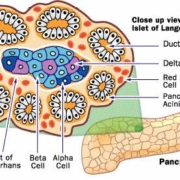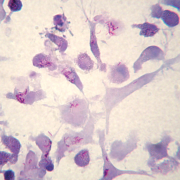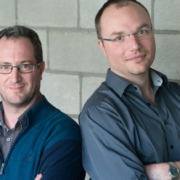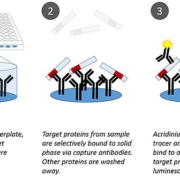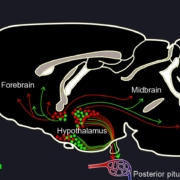The European Medicines Agency’s Committee for Medicinal Products for Human Use (CHMP) recommended seven medicines for approval at its December 2017 meeting, including two orphan medicines, and one biosimilar.
ADVERTISEMENT
Belgian reMYND N.V. has out licenced worldwide commercialisation rights for its small molecule programme ReS39 in diabetes to Novo Nordisk A/S. The drug impedes death of insulin-producing beta cells by preventing the formation of cytotoxic islet amyloid polypeptide (IAPP) aggregates.
A new, non-invasive tuberculosis urine test prevents common disadvantages of the standard tuberculin skin test: Measuring lipoarabinomannan glycan from M. tuberculosis, it detects the active disease in early stage and does not interfere with co-infections or weakened immune system.
Life sciences investment group LSP has launched the largest fund in Europe dedicated to late-stage medical technology assets, including diagnostics and digital health.
Belgian start-up company Aelin Therapeutics NV secured the funds to push development of candidate drugs arising from its Pept-in protein knockdown platform, which harnesses protein aggregation to induce functional knockdown of target proteins.
Dutch llama antibody specialist ArgenX met the safety endpoint in a Phase II trial with ARGX 113 (efgartigimod), a first-in-class antibody that lowers pathogenic levels of IgG, in patients with the autoimmune disease myasthenia gravis.
In vitro diagnostics leader Ortho Clinical Diagnostics (Raritan, US) expands his assay portfolio with Sphingotec’s first-in-class biomarker test that predicts residual edema and re-hospitalization in patients with congestive heart failure.
French based Advicenne has raised a €27m IPO on Euronext Paris, to develop paediatric-friendly therapeutics for the treatment of orphan renal and neurological diseases.
A European-Australian team of researchers has created a synthetic version of oxytocin that does not show the off-target effects mediated by its chemical analogon vasopressin.
Roche company Foundation Medicine Inc. (FMI) has been granted FDA approval for a diagnostic multiplex tumour profiling assay, which identifies a broad range of tumour markers in one single measurement.


